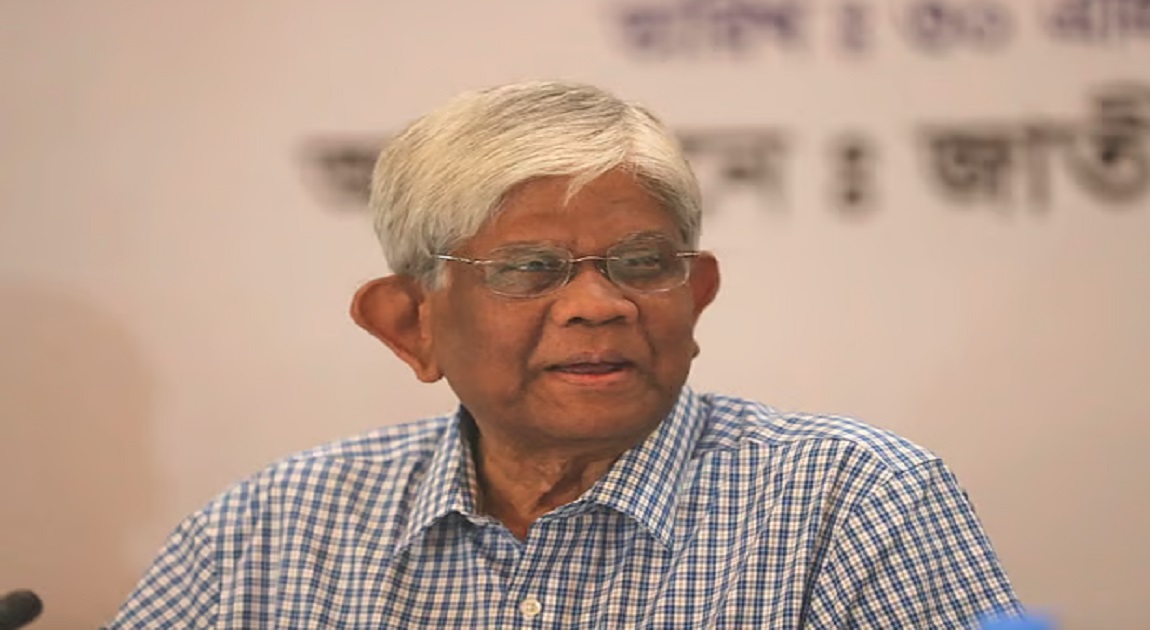Bangladesh’s Economic Adviser Dr. Salehuddin Ahmed has expressed optimism that ongoing trade negotiations with the United States may lead to the withdrawal or reduction of newly imposed tariffs on Bangladeshi exports.
Speaking to reporters on Tuesday after a joint meeting of the Advisory Committees on Economic Affairs and Public Procurement at the Secretariat, the adviser said that a meeting held on July 6 regarding the matter had shown “moderately positive outcomes.”
“Today, the commerce secretary is departing for the United States,” he added. “A key meeting is scheduled for tomorrow. Based on that discussion, we will better understand the US stance. We are hopeful that the result of the talks will be favorable, and we will take necessary measures accordingly.”
He confirmed that one-on-one discussions have already begun between the government and the Office of the United States Trade Representative (USTR).
The Bangladeshi side is optimistic that a mutually acceptable solution can be reached through diplomatic engagement.
Dr. Salehuddin also highlighted the trade balance between the two countries, questioning the rationale behind the high tariff rate imposed on Bangladeshi goods.
“The US trade deficit with Bangladesh is only $5 million, whereas it stands at around $125 billion with Vietnam—yet Vietnam was granted better terms. So, what justifies the harsher treatment toward us?” he said.
Bangladesh has long advocated for duty-free access for its key exports, particularly ready-made garments. However, the US Generalized System of Preferences (GSP) program, which previously offered such benefits, has remained suspended for Bangladesh since 2013. The government has recently intensified diplomatic efforts to overcome the stalemate.
On a related note, the adviser said that inflationary pressures have begun to ease, particularly for food items, though non-food inflation is still lingering.
He also said the budget deficit remains manageable and that reforms in the tax system could significantly boost revenue collection if implemented effectively.
Officials believe that progress in tariff discussions could pave the way for broader cooperation in bilateral trade and economic relations between Bangladesh and the United States.













-20260226080139.webp)






-20260225072312.webp)








-20260219054530.webp)
-20260224075258.webp)




-20260221022827.webp)